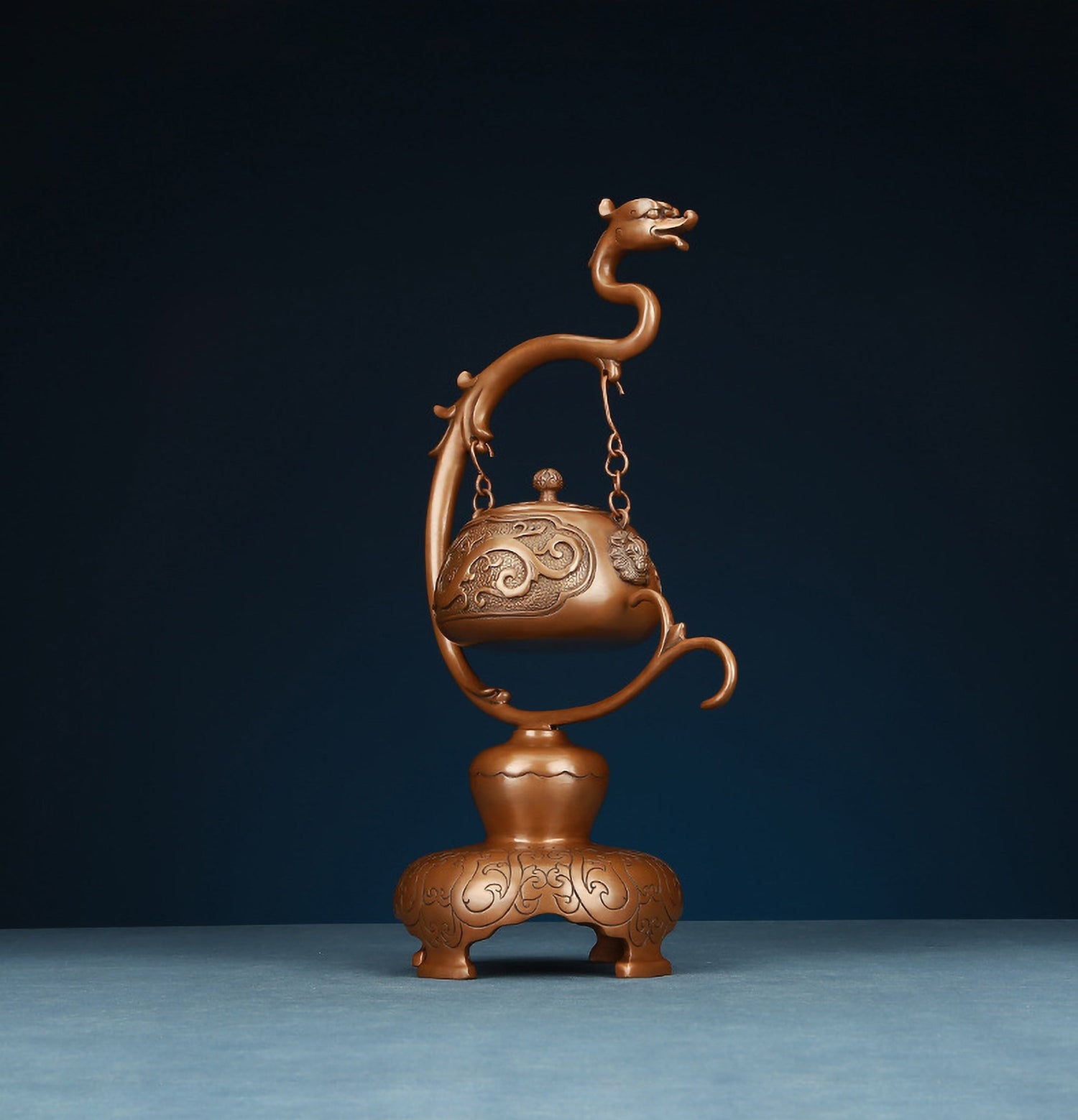How to Use Mirrors in Feng Shui: Do’s and Don’ts
By Feng Shui Wisdom | Ruize Brand Blog

Mirrors are one of the most powerful tools in Feng Shui. They can expand space, attract positive energy, and brighten dark areas — but when used incorrectly, they can also scatter energy, reflect negativity, and disrupt harmony. In this guide, we’ll explore the key do’s and don’ts of mirror placement to maximize their benefits in your home.
Why Mirrors Matter in Feng Shui
In Feng Shui, mirrors are considered “energy activators” because they reflect light, movement, and Chi (life force). They can double the presence of what they reflect, so the positioning of a mirror should always be intentional.
Do’s: Best Practices for Mirror Placement

1. Place Mirrors to Expand Space
Mirrors create the illusion of depth, making small rooms feel more open and welcoming.
✅ Example: A large wall mirror in a narrow hallway can improve energy flow and reduce feelings of confinement.
2. Reflect Beauty and Abundance
What a mirror reflects is magnified in your life. Position mirrors to reflect fresh flowers, lush plants, or a beautiful outdoor view to enhance positive Chi.
✅ Example: A dining room mirror reflecting a bowl of fruit symbolizes abundance.
3. Use Mirrors to Brighten Dark Areas
Mirrors can redirect light into dim spaces, uplifting their energy. This is especially helpful for areas lacking natural sunlight.
✅ Example: Placing a mirror opposite a window to bounce daylight deeper into the room.
Don’ts: Common Mirror Mistakes in Feng Shui

1. Avoid Mirrors Facing the Bed
Mirrors in the bedroom can disturb rest by reflecting movement, creating an unsettling energy while you sleep.
🚫 Tip: If a mirror is unavoidable, cover it at night with a curtain or decorative screen.
2. Never Place Mirrors Directly Facing the Front Door
In Feng Shui, this sends incoming energy (and opportunities) straight back out, preventing it from circulating in your home.
🚫 Tip: If there’s already a mirror in this position, move it to a side wall.
3. Don’t Reflect Clutter
A mirror doubles what it reflects — including mess. Reflecting clutter can amplify stress and block positive energy.
🚫 Tip: Clear the view before adding a mirror.
Feng Shui Mirror Quick Tips
- Shape matters: Round or oval mirrors promote harmony; square or rectangular mirrors bring stability.
- Frame material: Wood frames support growth energy, while metal frames boost clarity and precision.
- Height: Hang mirrors so the center is at eye level, ensuring balanced reflection.
Conclusion
Mirrors can be a blessing or a curse in Feng Shui, depending on how you use them. By placing them thoughtfully — to expand space, reflect beauty, and brighten your home — while avoiding common pitfalls, you’ll ensure they channel Chi in a way that supports your well-being and goals.
